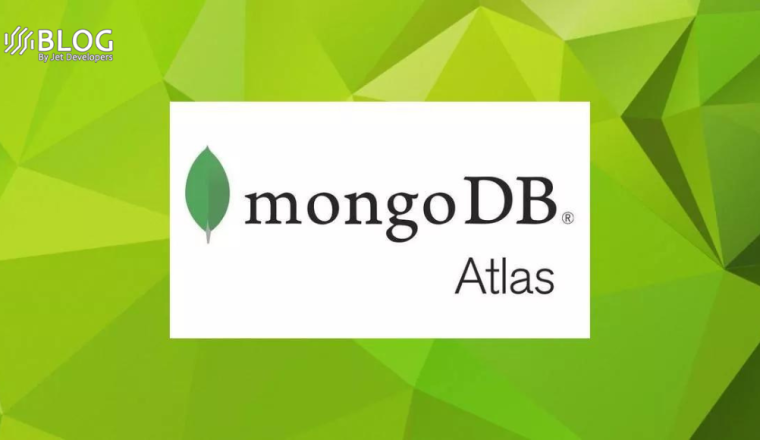Stack Overflow and Google Cloud Partnership: Revolutionizing Developer AI with OverflowAPI
In a groundbreaking announcement today, Stack Overflow unveiled its strategic partnership with Google Cloud, aiming to revolutionize developer AI worldwide. This collaboration entails the integration of Stack Overflow’s extensive knowledge base into Google Cloud’s advanced AI tools, such as Gemini and Cloud Console, empowering developers with unparalleled access to relevant insights, code snippets, and documentation curated by Stack Overflow’s vibrant community. This development signals a significant trend among leading AI vendors, including OpenAI, to forge partnerships with content providers, bolstering generative AI training efforts.
The Power of Partnership: Google Cloud and Stack Overflow Join Forces
The cornerstone of this partnership lies in the integration facilitated by the newly introduced OverflowAPI, poised to be a game-changer in the AI landscape. Prashanth Chandrasekar, CEO of Stack Overflow, emphasized the transformative potential of this initiative, stating, “Today, Stack Overflow launches a groundbreaking program, providing AI companies access to our knowledge base through a cutting-edge API.” Google, as the launch partner, will leverage Stack Overflow’s data to enhance Gemini for Google Cloud, delivering validated Stack Overflow solutions directly within the Google Cloud console.
The OverflowAPI grants Google unprecedented access to Stack Overflow’s wealth of information, encompassing over 58 million questions and answers, along with millions of user comments and metadata. This collaboration holds immense promise, although specific financial details remain undisclosed.
Crucially, this partnership is a reciprocal endeavor, with Stack Overflow embracing Google Cloud technology across its platforms. Chandrasekar affirmed Stack Overflow’s commitment to Google Cloud as the preferred hosting platform for its public-facing services, underscoring the ongoing synergy between the two entities.
Importantly, this collaboration does not preclude Stack Overflow from collaborating with other leading AI providers. Chandrasekar clarified, “This partnership is non-exclusive, and Google does not gain access to proprietary Stack Overflow data or user information.”
The introduction of OverflowAPI complements Stack Overflow’s ongoing OverflowAI initiative, which aims to integrate AI and machine learning capabilities into its platforms. Chandrasekar elucidated that OverflowAI encompasses various initiatives, including Stack Overflow for Teams enhancements and the development of tools like Stack Overflow for Visual Studio Code.
Ultimately, the Stack Overflow and Google Cloud partnership signifies a pivotal moment in the evolution of developer AI. By leveraging the OverflowAPI and embracing collaborative innovation, both entities are poised to redefine the landscape of AI-driven development, empowering developers worldwide to unlock new frontiers of technological advancement.





